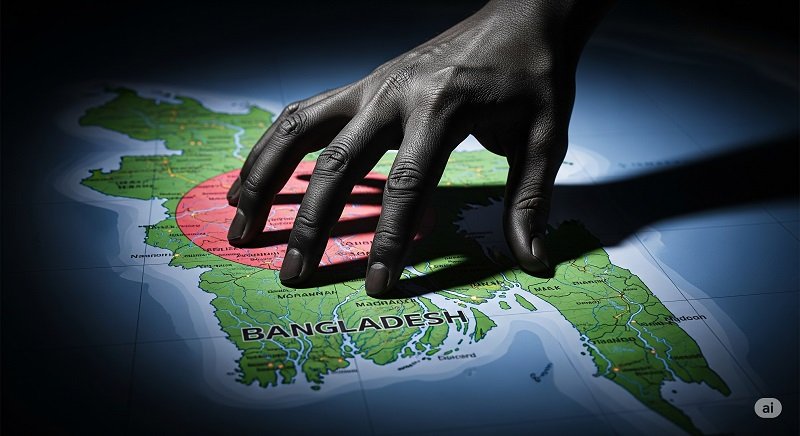9
By Masudur Rahman – Writer and Journalist
Following the end of a prolonged period of authoritarian rule, the public’s hope for stability has quickly turned into concern. Since the historic political shift on August 5, 2024, one of the country’s major political parties, the Bangladesh Nationalist Party (BNP), has begun to exhibit signs of political dominance—even before assuming formal power. Allegations of extortion, intimidation, coercion, and influence peddling involving some BNP leaders have sparked fear and anxiety among ordinary citizens.
Many had hoped that the BNP, as either a responsible opposition or a potential ruling party, would help steer the country toward progress and democratic consolidation. However, over the past year, reports in various media outlets and complaints from the public have painted a troubling picture. Several local-level BNP leaders and activists have allegedly begun abusing their newfound influence.
Investigations indicate that BNP figures have been extorting money from small business owners and interfering in minor government projects at the district and upazila levels. According to multiple business owners—who chose to remain anonymous—local BNP leaders have demanded large sums in exchange for business protection or help in resolving administrative hurdles. Those who refused to comply reportedly faced threats and systematic harassment.
There have also been accounts of BNP-affiliated individuals using their influence to intimidate political opponents, disrupt livelihoods, and obstruct businesses. Additionally, some have been accused of interfering in local arbitration proceedings and attempting to manipulate the judicial process to their advantage. Land grabs—both government and privately owned—have also become alarmingly frequent in some areas.
Political analysts warn that these developments are deeply concerning. “If the BNP truly aspires to lead the country, it must put an immediate stop to these unethical practices,” one analyst noted. “People expect transparency, good governance, and accountability from a party of such scale. If they begin abusing power even before coming to office, it will severely undermine public trust and likely impact their prospects in future elections.”
Public reaction to the allegations has been mixed. While some view these incidents as evidence of a systemic tendency toward abuse of power in Bangladeshi politics, others had expected a more mature and responsible approach from a party with BNP’s history and stature.
The BNP’s central leadership, for its part, has denied all allegations. They claim that a vested group is deliberately spreading misinformation to tarnish the party’s image. However, the disconnect between these official denials and the reports on the ground has created confusion and skepticism among the public.
If the BNP genuinely seeks to win public trust and prepare for a return to power, it must restore internal discipline and take firm action against those involved in misconduct. Failure to do so could make the charge that “BNP is showing power before coming to power” a defining challenge for the party’s political future—one that could prove costly in the long run.

